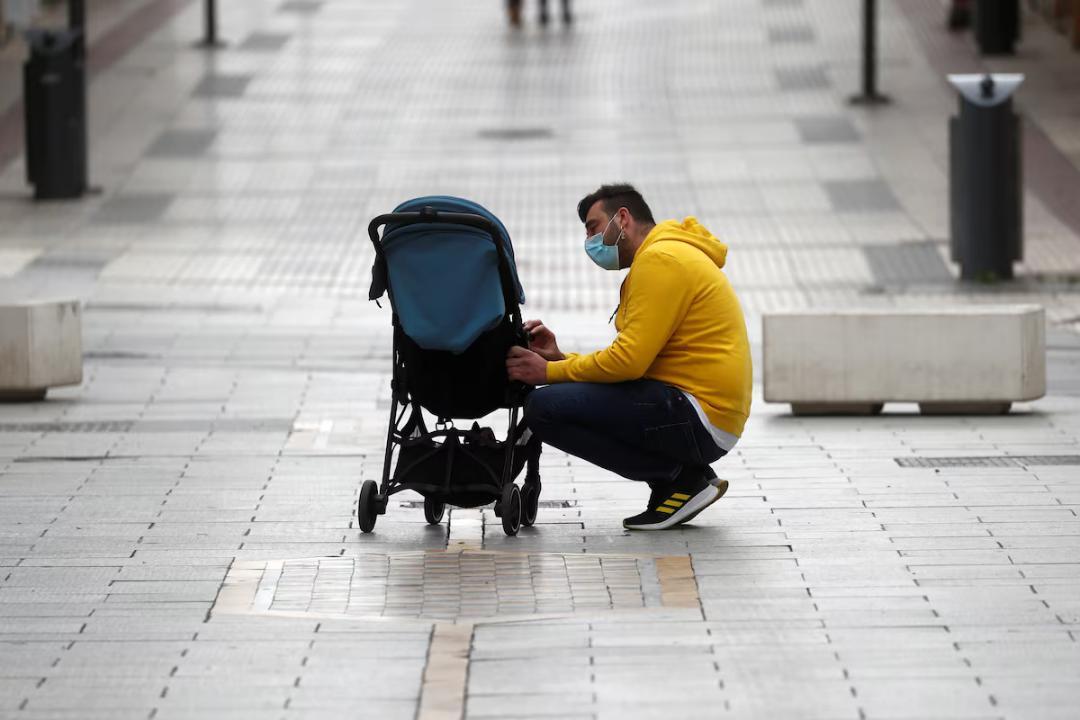
Spain to Offer 17 Weeks of Parental Leave to Both Mothers and Fathers
In a landmark move towards gender equality, Spain has announced plans to extend its parental leave policy to 17 weeks, making it one of the most generous in Europe. The new policy will provide both mothers and fathers with an additional week of fully-paid leave after the birth of their child, bringing the total amount of leave to 17 weeks.
This significant change is a major step forward for Spain, which is already one of the most progressive countries in the world when it comes to parental leave. Currently, Spain offers 16 weeks of paid leave to new parents, with 16 weeks dedicated to the mother and the remaining 4 weeks allocated to the father. The new policy will ensure that both parents receive an equal amount of time to care for their child, promoting a more balanced and harmonious family life.
Spain and Finland are the only two EU countries that offer equal, fully-paid birth leave to both parents. This move is not only a positive step forward for gender equality but also a recognition of the importance of fatherhood in modern society. In recent years, there has been a growing trend towards more men taking on a greater role in childcare, and this policy change is a reflection of that shift.
The new policy is expected to come into effect in September 2025, and it is expected to benefit thousands of families across the country. The additional week of leave will provide new parents with more time to bond with their child, establish a routine, and adjust to their new responsibilities. It will also give them the opportunity to take care of any medical appointments, vaccinations, or other important milestones that may arise during the early months of their child’s life.
The announcement of the new policy has been welcomed by many, including the Spanish government’s Minister for Equality, Irene Montero. According to Montero, “Spain is moving towards feminism…and there’s no turning back.” This statement reflects the government’s commitment to promoting gender equality and addressing the long-standing issue of unequal parental leave.
The new policy is not only a positive step forward for families but also for the economy. Research has shown that countries with more generous parental leave policies tend to have lower rates of absenteeism, higher productivity, and increased job satisfaction. This is because parents are able to balance their work and family responsibilities more effectively, leading to a more stable and productive workforce.
The announcement of the new policy has also been welcomed by industry experts and employers. Many companies have already taken steps to promote a more family-friendly work culture, and this policy change is expected to further support their efforts. Employers are recognizing the benefits of having a more diverse and inclusive workforce, and this policy change is a positive step towards achieving that goal.
In conclusion, Spain’s decision to offer 17 weeks of parental leave to both mothers and fathers is a significant step forward for gender equality and family life. This policy change will provide new parents with more time to care for their child, promote a more balanced and harmonious family life, and support the economy. As Spain continues to move towards a more progressive and inclusive society, this policy change is a major step in the right direction.
Source:






